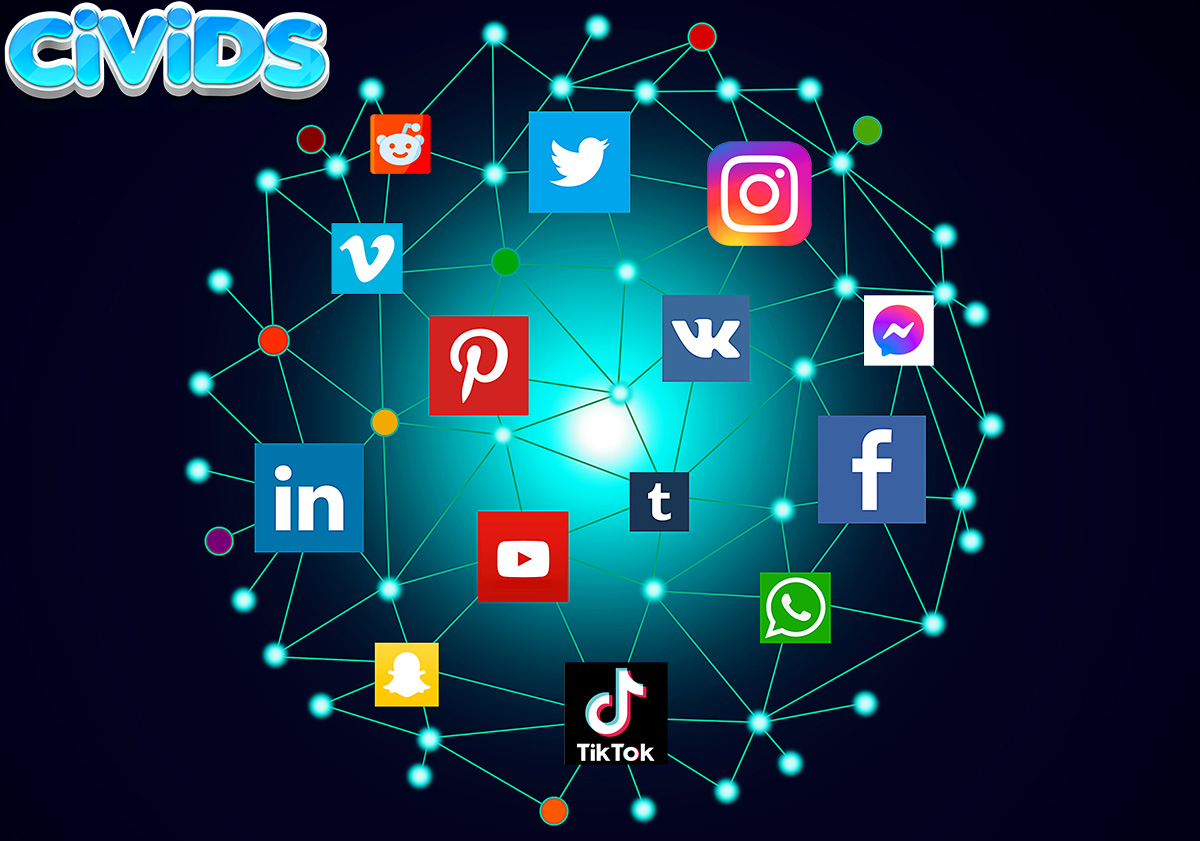The Importance of Social Media in International Business Marketing
In today’s interconnected world, businesses are no longer confined by borders. The internet has enabled even the smallest companies to reach customers across continents, and at the heart of this global expansion lies one of the most powerful tools of our time: social media. From Facebook and LinkedIn to Instagram, TikTok, and X (formerly Twitter), social media platforms have transformed the landscape of international business marketing.
What was once a platform for social interaction has evolved into a global marketplace, brand amplifier, and communication channel all rolled into one. This article explores why social media is essential in international business marketing, how it drives global growth, and the best strategies to use it effectively.

Global Reach and Accessibility
One of the greatest advantages of social media for international business is its unmatched global reach. As of 2025, over 4.9 billion people around the world are using social media—more than half of the world’s population.
Social media allows brands to:
-
Instantly reach audiences across multiple countries and time zones.
-
Connect with diverse demographics and cultural backgrounds.
-
Break into new markets with low upfront investment.
Unlike traditional marketing channels, which often require physical presence or large budgets, social media provides a cost-effective and scalable way to build brand awareness worldwide.
Cultural Connection and Localization
Success in international business isn’t just about reaching new audiences—it’s about connecting with them in a meaningful and culturally relevant way. Social media makes this possible by allowing brands to tailor content based on region, language, holidays, trends, and consumer behavior.
For example:
-
A brand can run Christmas promotions in the U.S. while simultaneously promoting Diwali-themed campaigns in India.
-
Local influencers can create content in their native language to resonate with their followers.
-
Multilingual social media accounts let companies speak directly to international customers.
This localization builds trust and strengthens the brand’s image as one that understands and values cultural diversity.
Real-Time Engagement and Customer Service
Social media enables instant communication with audiences around the world. Brands can engage in real-time conversations, respond to customer inquiries, handle complaints, and build relationships.
Here’s how this adds value:
-
24/7 Availability: Customers can interact with brands anytime, regardless of location.
-
Faster Support: Platforms like Facebook Messenger, WhatsApp, and X allow brands to provide immediate assistance.
-
Public Transparency: Handling customer issues publicly (and professionally) boosts brand credibility and trust.
This kind of open, interactive communication simply isn’t possible with traditional advertising methods.
Brand Building and Recognition
Social media is a visual and interactive platform—perfect for shaping brand identity and increasing global recognition.
By consistently sharing:
-
Branded content (logos, taglines, packaging),
-
Storytelling posts (founder stories, missions, values),
-
Behind-the-scenes videos,
-
User-generated content from customers around the world,
…companies can build a strong, relatable brand that resonates across cultures.
Take brands like Coca-Cola or Nike, for example. Their social media campaigns aren’t just advertisements—they’re emotional stories, lifestyle messages, and global movements that build a loyal international following.
Influencer and Affiliate Marketing
Influencer marketing is now a billion-dollar industry—and it plays a critical role in international expansion.
Social media influencers already have the trust and attention of their followers. When they promote a product or brand:
-
It feels more authentic than traditional ads.
-
It taps into local communities.
-
It accelerates brand trust in unfamiliar markets.
Whether it’s a YouTuber in Germany, a fashion blogger in Brazil, or a TikTok star in South Korea, influencers act as brand ambassadors who bridge the gap between cultures and languages.
Affiliate marketers—who earn commissions on sales they drive—also use social media platforms to promote products globally, providing even more exposure with minimal cost to businesses.
Data-Driven Strategy
One of the most powerful aspects of social media is the wealth of data it provides. Platforms like Facebook, Instagram, LinkedIn, and TikTok offer businesses detailed insights into:
-
Who is engaging with their content
-
What types of content perform best
-
Where their followers are located
-
What times are best for posting
This data allows companies to adjust and optimize their international marketing strategies in real time. Rather than relying on assumptions, businesses can make informed decisions about what works in each market.
Social media also allows for A/B testing, where businesses can run different ads or content variations in different regions to see what resonates best.
Cost-Effective Advertising
Compared to traditional international advertising (TV, print, billboards), social media ads are:
-
More affordable – Businesses can start with just a few dollars.
-
Highly targeted – Ads can be shown to users by location, language, age, interests, behavior, and more.
-
Measurable – Campaigns provide detailed reports on impressions, clicks, conversions, and return on investment (ROI).
This means that even small and medium-sized businesses can afford to reach international customers in ways that were once reserved for large multinational corporations.
E-Commerce Integration
Social media is no longer just a marketing tool—it’s a sales channel.
With features like:
-
Facebook and Instagram Shops,
-
TikTok’s shopping integrations,
-
Pinterest’s product pins,
-
Direct links to product pages,
…customers can discover, browse, and purchase products without even leaving the app.
This seamless shopping experience drives higher conversion rates and shortens the customer journey—especially important in international markets where website loading times and language barriers can be challenges.
Competitive Advantage
In a global market where businesses are fighting for attention, having a strong and strategic social media presence offers a competitive edge.
Companies that are active and responsive on social media:
-
Stay top-of-mind with international customers.
-
Adapt quickly to trends or crises.
-
Build communities that lead to brand loyalty and word-of-mouth promotion.
Brands that ignore or underutilize social media, on the other hand, risk being invisible in today’s fast-paced digital economy.
Examples of Success
H&M
The global fashion brand uses separate Instagram accounts for different countries, tailoring content to each market’s culture, fashion preferences, and language. This makes their brand feel local and relatable, despite being a global company.
Airbnb
Airbnb’s social media content focuses on storytelling—sharing photos and stories from hosts and travelers around the world. This creates an emotional connection and showcases the brand’s global presence.
Spotify
Spotify’s localized playlists and social media campaigns appeal to music lovers in every region. Their smart use of data and humor helps them connect with users on a personal level, no matter the country.
Conclusion
In the modern era of globalization, social media is not just an optional tool—it’s a necessity for international business marketing. Its ability to connect with diverse audiences, personalize content, build trust, and drive sales makes it the most powerful weapon in a company’s global marketing arsenal.
Whether you’re a small startup looking to break into new markets or a multinational corporation seeking to maintain global relevance, leveraging social media strategically can unlock endless possibilities and drive long-term success.
In short: if you want to win in the global marketplace, you need to master the global language of social media.
